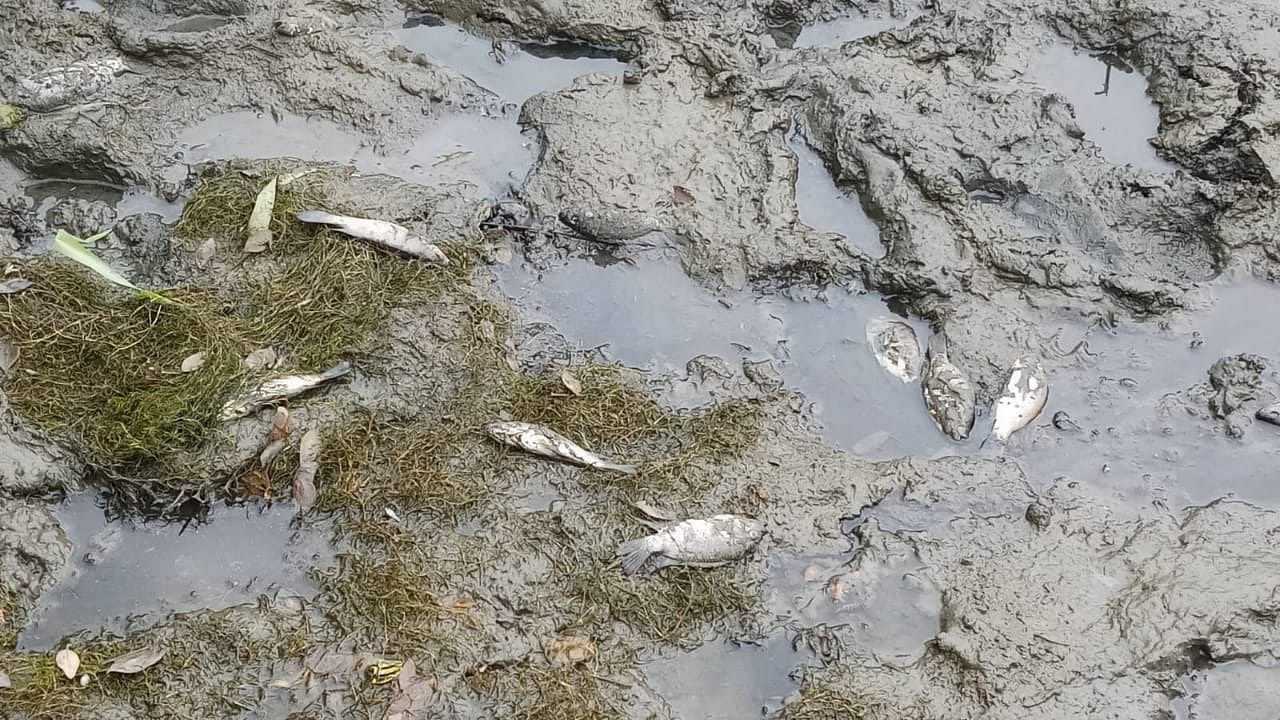
Climate change, pollution, and unscientific treatment of drainage have severely impacted urban aquatic systems and animals. Inevitably, Bengaluru has been witnessing a lot of fish-kill incidents lately. The reason behind these mass death of fish has not been a subject of any major official study.
DH interacts with a cross-section of Bengalureans to get their views on the threat to the city’s aquatic ecosystem.
Bharath G V, a senior executive at Standard & Practices, Disney+Hotstar, says: “During my childhood, I remember catching small fish in a huge lake and its canal near my house. Now the same lake has been reduced in its size, and at another end, I see drainage being connected to it and black sewage waste being routed into it.”
During his morning walks, he recalls seeing dead fish floating on the banks of the lake. “As we advance towards becoming a ‘developed country,’ we should not forget that this developed ‘hi-tech/smart city’ also belongs to other living beings as well.”
Bharath also draws attention to the mismanagement of the authorities. He explains: “They win contracts in the name of renovation of lakes and end up making just a walking path and planting some saplings around the path. The first thing to do in order to prevent fish-kills is to close all sewage canals connected to lakes and then clean the water bodies by removing silts. This will improve the lake’s health. It is high time we preserved the leftover lakes for our future generations.”
The inflow of untreated sewage into the lakes will make variation in the pH level of the water. This will, inevitably, lead to dead fish floating on the water surface.
Ramakrishna Ganesh, who is a plogger reiterates the point of blocking the sewage. He elaborates, “Stop sewage flow and waste disposal into lakes.” The best way to save the lives of fish is by good maintenance of the lake and also to have stakeholders around the locality to take care of the water body.
Bibin Shabu, a student, notes that the inflow of industrial effluents and the untreated water from industries also pose a serious threat to aquatic life. “The dumping of chemical waste is the main cause of fish death. Industrialists have to find an alternative solution to dump chemical waste rather than dumping it in the nearby lakes,” he points out.
Diksha Deepak Naik, a senior Biology lecturer has this to say: “The frequent fish-kills are due to the sedimentation of the organic wastes in the water, which increases the oxygen demand and apparently eutrophicates the water bodies.”
“The immediate need is to divert inflow of sewage away from the lake and install sewage treatment plants in a very effective way. This will definitely help save the fish from death,” she adds.